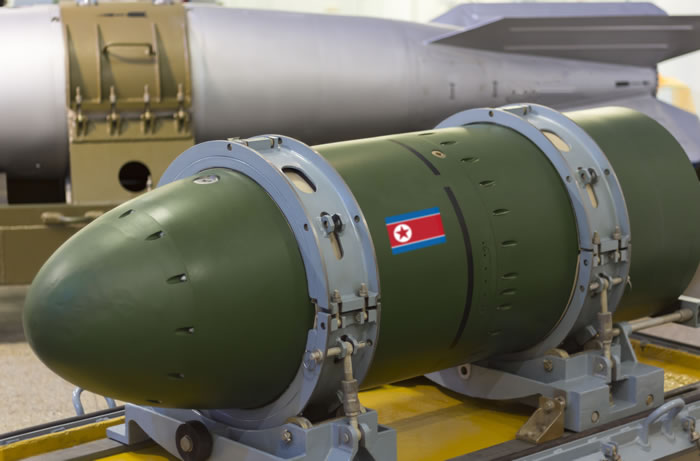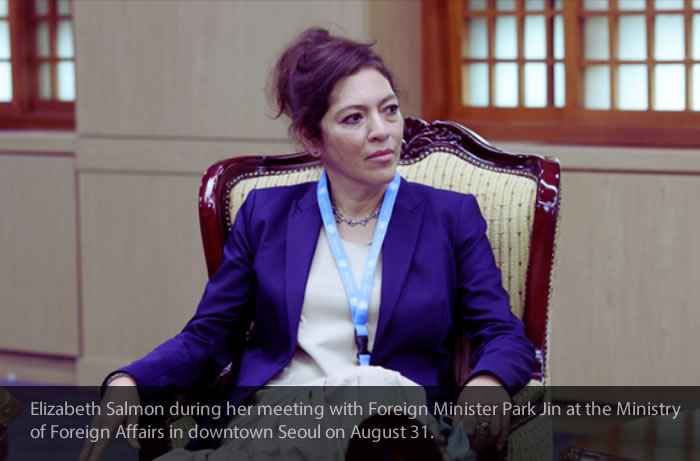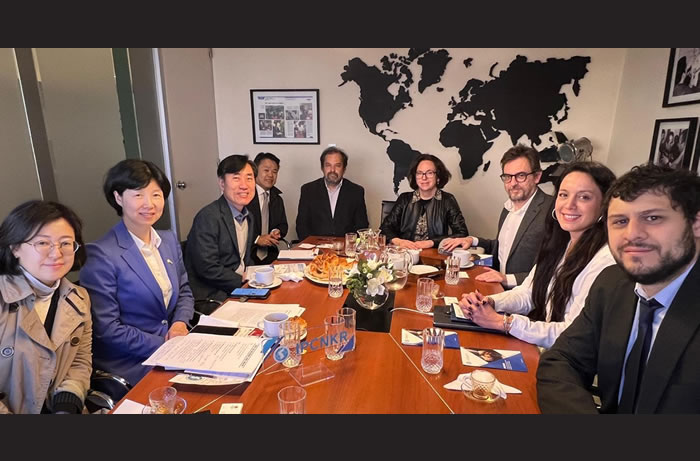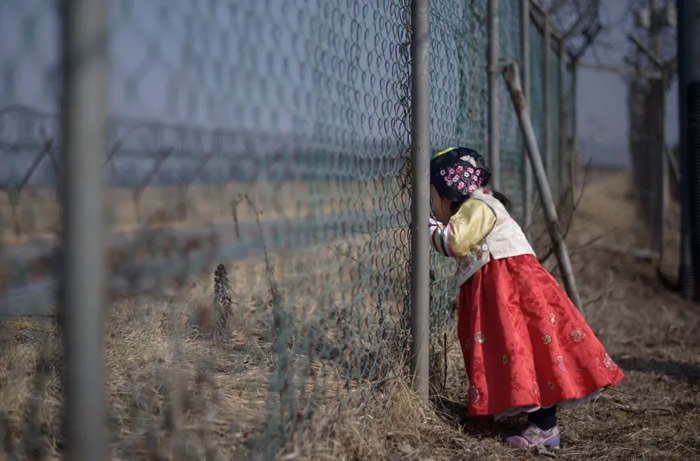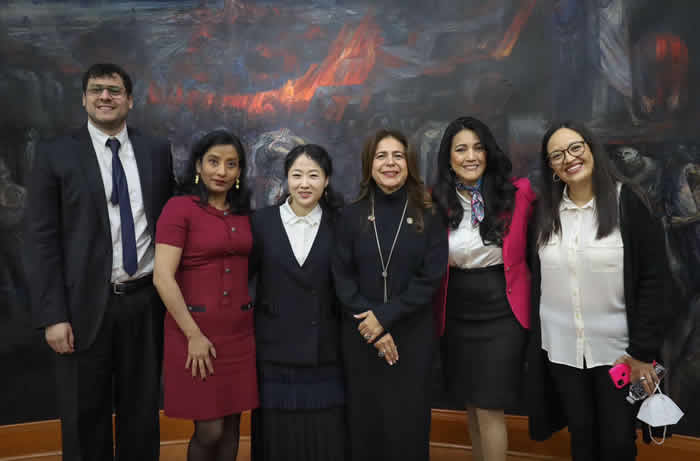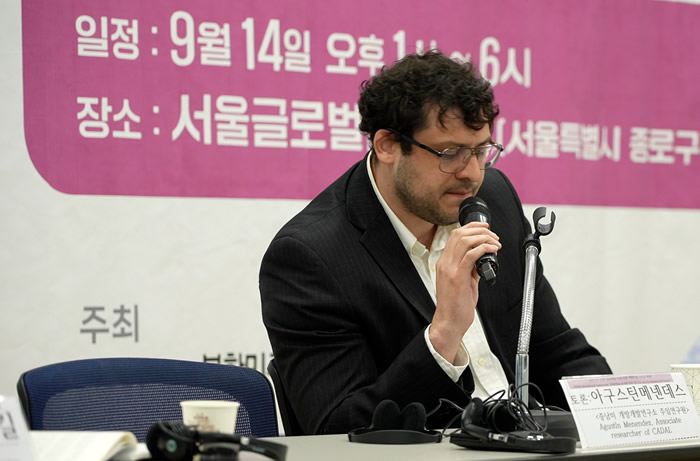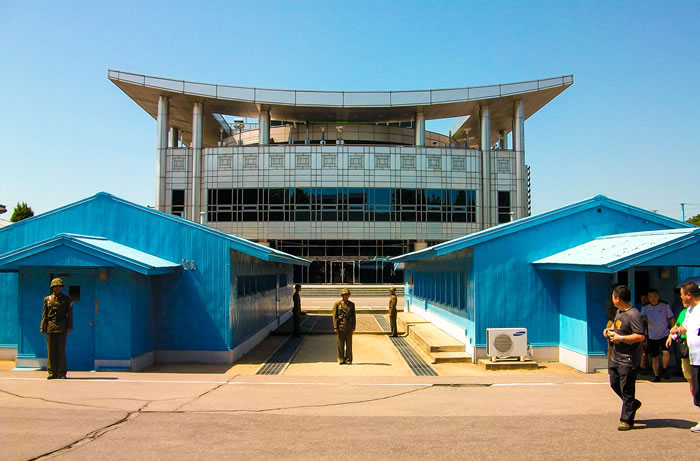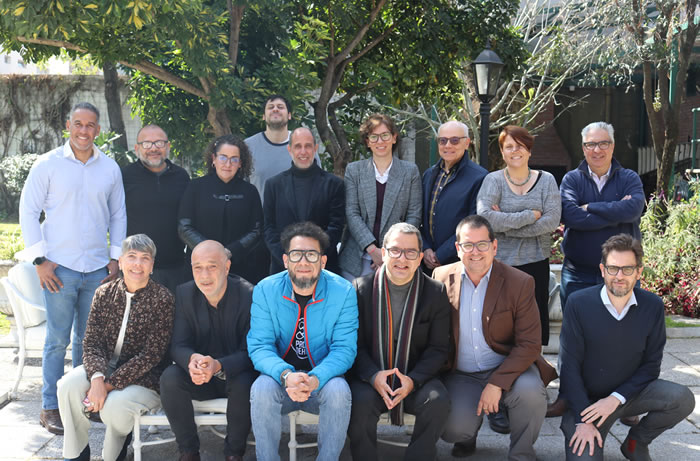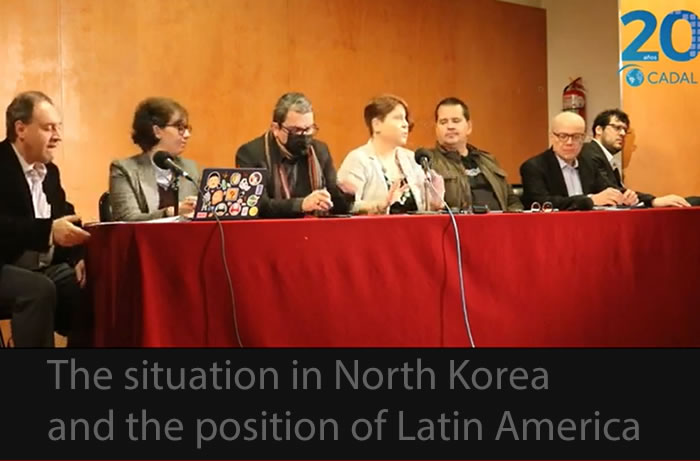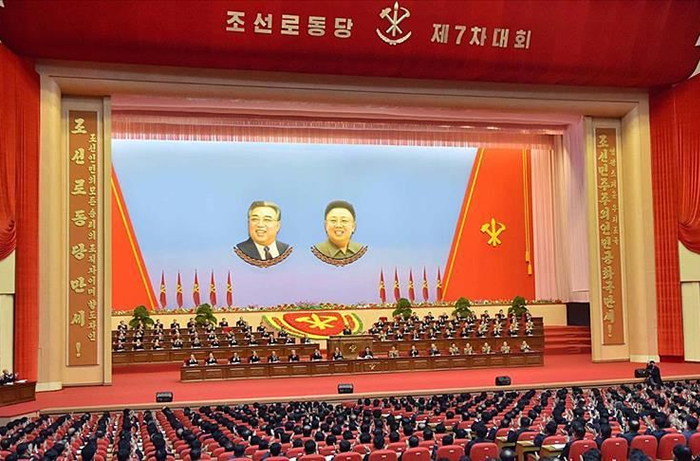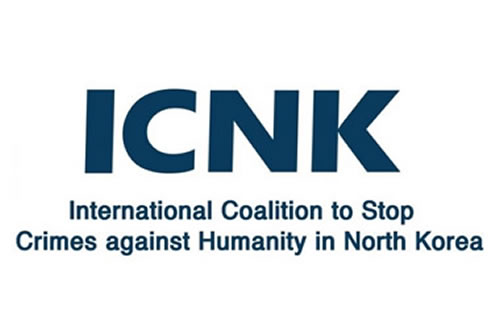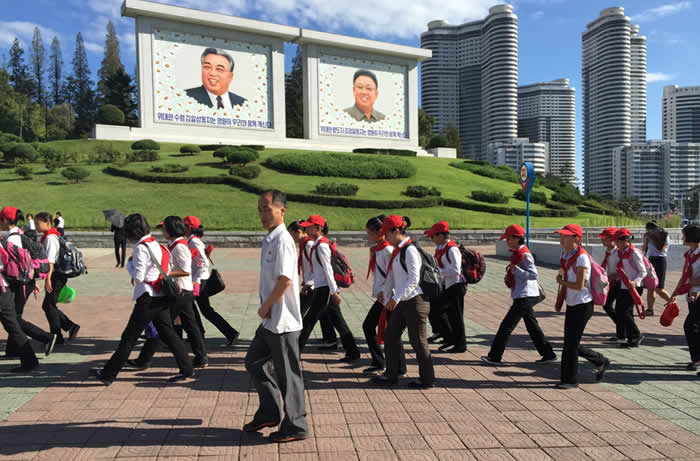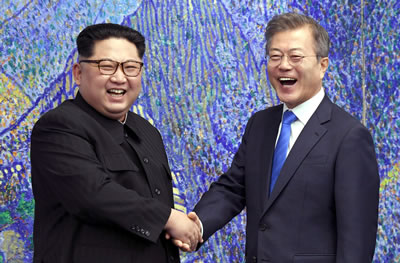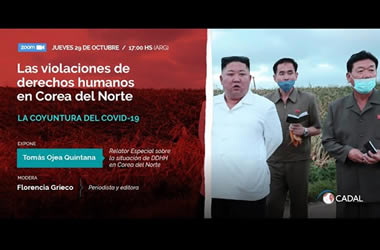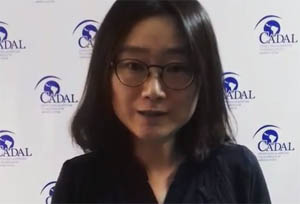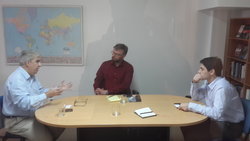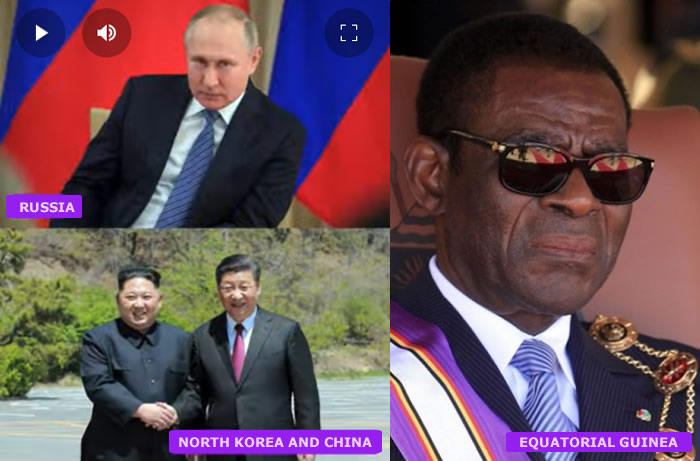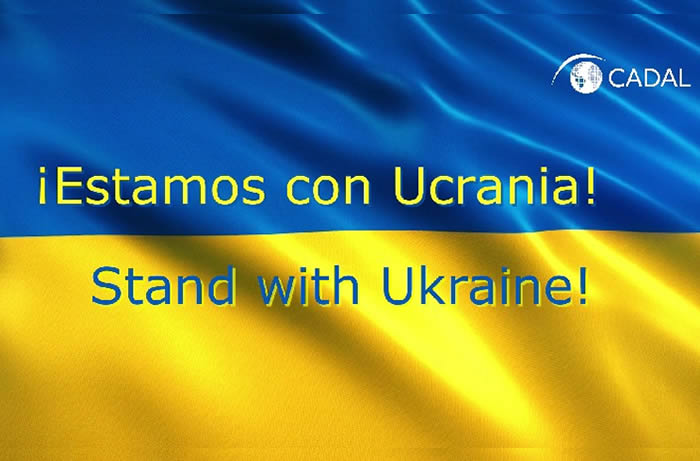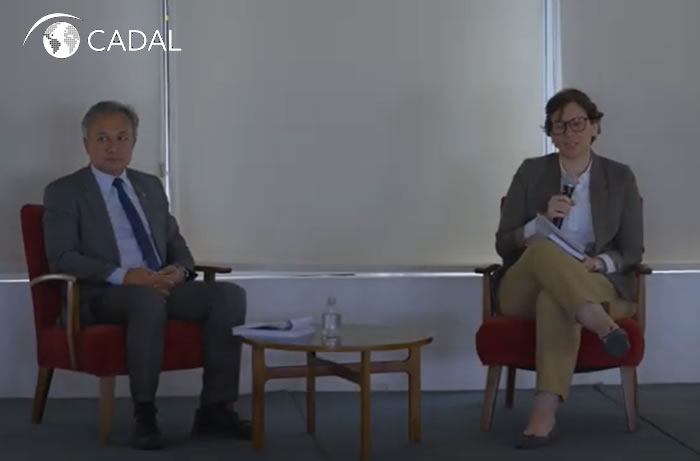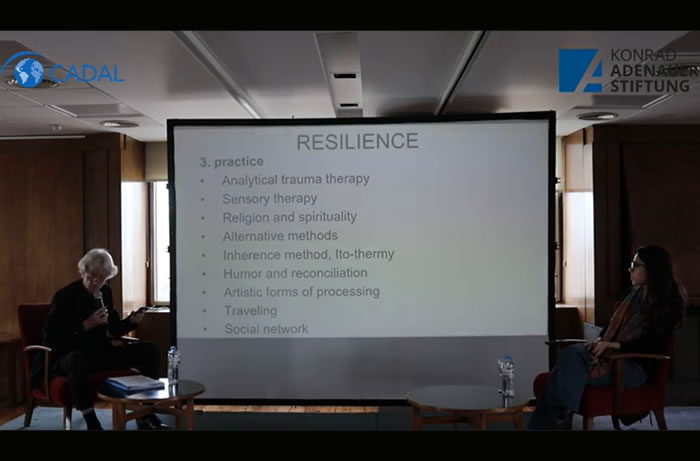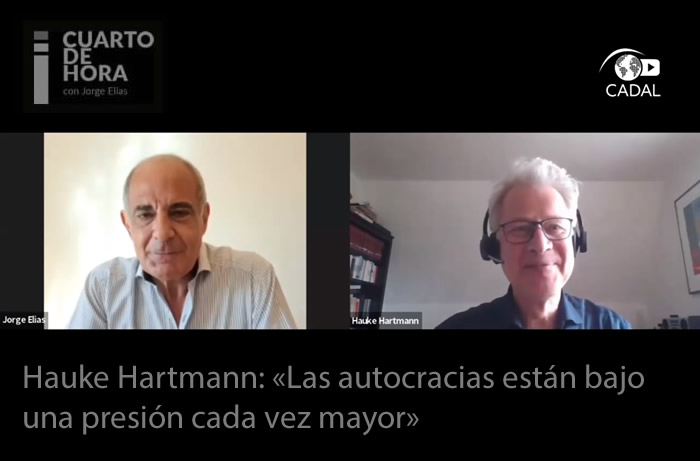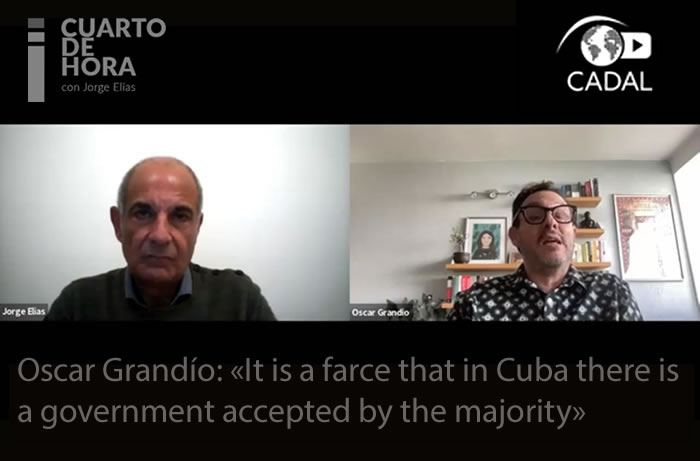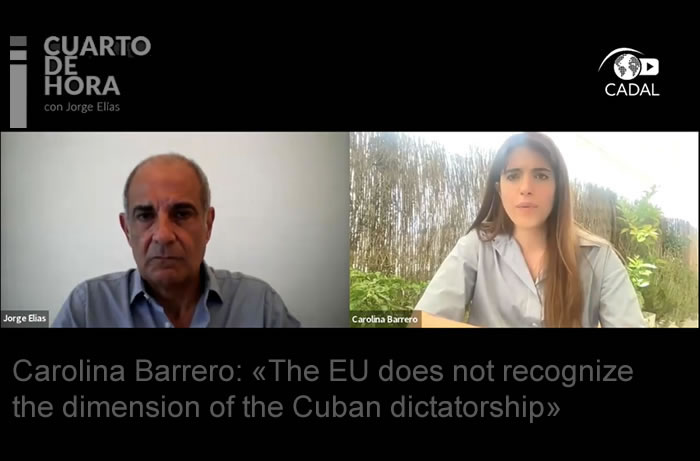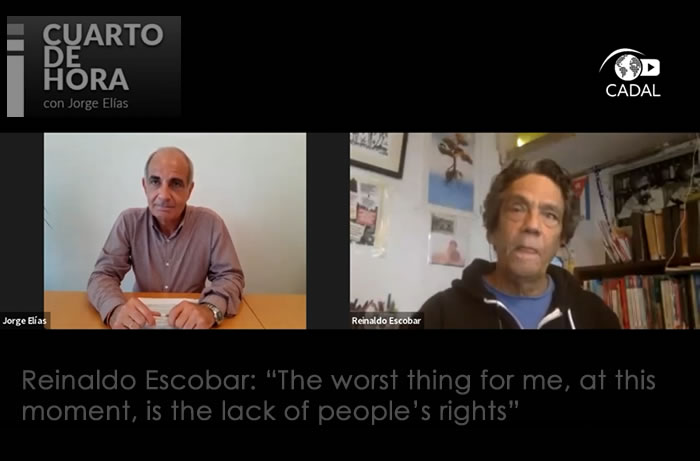Articles
North Korea under the loupe
 05-23-2023
05-23-2023North Korean Human Rights: a way forward?
The event presented the human rights situation in the country and explored how the issue of human rights can be taken as a theme in future bilateral and multilateral interactions with Pyongyang.
By Agustín Menéndez
The conference “North Korean Human Rights: a way forward?”, organized by the North Korean Human Rights Committee, the Hoover Institution, and the National Endowment for Democracy, began on May 18. The conference was attended by numerous specialists in the field such as Greg Scarlatoiu, Executive Director of the Committee for Human Rights in North Korea, Ethan Hee-Seok Shin from the Transitional Justice Working Group, Dr. Larry Diamond of the Hoover Institute, and Dr. Tara O of the Hudson Institute, among others. The event presented the human rights situation in the country and explored how the issue of human rights can be taken as a theme in future bilateral and multilateral interactions with Pyongyang. In addition, the discussion touched on some of North Korea´s most pressing human rights issues, as well as China´s role in aiding and abetting a regime that is committing crimes against humanity.
There is no doubt that there is a link between the issue of Human Rights in the North Korean regime and the nuclear, chemical and biological weapons program that the country has been carrying out for decades. It was argued that an internal change will generate an external change and help to protect the other countries in the region that are threatened and affected by the continuous missile tests carried out by North Korea. According to estimates by the prestigious Rand Corporation, North Korea will have more than 200 nuclear weapons by 2027, which would equal the nuclear reserves of countries such as France or the United Kingdom. The nuclear discussion has gone on for more than three decades and has been prioritised over the issue of massive violation of Human Rights, the corruption of the North Korean regime and the international allies that complicitly support the regime.
This raises the need for a paradigm shift to successfully address and bring about real change in North Korea. For the moment, the theories and paradigms of analysis have consistently failed in the face of reality and facts. The hopes for the collapse, change or opening of the regime, the growth of the black market that largely sustains the North Korean economy, as well as the various strategies of rapprochement, have failed. Within the Human Rights violation scheme, China acts as the main power that supports the North Korean regime. It returns the North Koreans who manage to escape the country, identifies Christians on the borders with the country help people escape, not only from North Korea but also from China and give them refuge and economic means to go to South Korea. Thousands of North Koreans to date are in prisons in China where they are denied all kinds of rights and the UN Special Rapporteur on the situation of human rights in the Democratic People's Republic of Korea was denied entry to monitor detention conditions of these people, the majority being women. In the year 2022, only 67 people managed to reach South Korea from North Korea, escaping from the North Korean authorities despite the "shoot to kill" order that works on the border and the complicity of the People's Republic of China that considers them mere “economic migrants” instead of granting them refugee status and giving them asylum as required by International Humanitarian Law.
To counter this type of action, it is necessary to have an alignment of the United Nations policy with all its members, a fact that, until now, seems to be impossible given the harshness of China and Russia with the rest of the members of the Security Council. Additionally, it is necessary to generate a group of states that provide resources and put pressure on the situation of refugees in the Peoples Republic of China.
On the other hand, South Korea should review its repatriation policy for North Koreans who come to their country for various reasons but are returned for fear of retaliation from the North Korean government. On May 18, the South Korean Ministry of Unification reported that a group of defectors whose number was not disclosed crossed the Yellow Sea in a fishing boat until they reached South Korean waters. It is important to know what will be done with them, taking into account the history of the two fishermen who were returned to North Korea in 2019.
The list of actions to be carried out to promote and raise awareness in all countries about the dramatic situation that is being experienced not only in North Korea but in a large part of Northeast Asia is long. Carrying out pressure measures on China and then on North Korea would make it possible to change the described scenario, however, for this to happen, coordinated and continuous work is required based on agreements that at the moment do not seem close.
 Agustín MenéndezResearch associateDegree in Political Science and Lawyer (Universidad de Buenos Aires), he took courses at the MSc in History from the Universidad Torcuato Di Tella, he is currently completing his Law studies at the Universidad de Buenos Aires. Korean Government Invitation Program scholar. He specializes in the Korean peninsula and the violation of Human Rights in North Korea. Currently, he works at the Financial Informations Unit in the division of International coordination regarding money laundering. terrorism finance and proliferation of weapons of mass destruction. He collaborates for different media.
Agustín MenéndezResearch associateDegree in Political Science and Lawyer (Universidad de Buenos Aires), he took courses at the MSc in History from the Universidad Torcuato Di Tella, he is currently completing his Law studies at the Universidad de Buenos Aires. Korean Government Invitation Program scholar. He specializes in the Korean peninsula and the violation of Human Rights in North Korea. Currently, he works at the Financial Informations Unit in the division of International coordination regarding money laundering. terrorism finance and proliferation of weapons of mass destruction. He collaborates for different media.
The conference “North Korean Human Rights: a way forward?”, organized by the North Korean Human Rights Committee, the Hoover Institution, and the National Endowment for Democracy, began on May 18. The conference was attended by numerous specialists in the field such as Greg Scarlatoiu, Executive Director of the Committee for Human Rights in North Korea, Ethan Hee-Seok Shin from the Transitional Justice Working Group, Dr. Larry Diamond of the Hoover Institute, and Dr. Tara O of the Hudson Institute, among others. The event presented the human rights situation in the country and explored how the issue of human rights can be taken as a theme in future bilateral and multilateral interactions with Pyongyang. In addition, the discussion touched on some of North Korea´s most pressing human rights issues, as well as China´s role in aiding and abetting a regime that is committing crimes against humanity.
There is no doubt that there is a link between the issue of Human Rights in the North Korean regime and the nuclear, chemical and biological weapons program that the country has been carrying out for decades. It was argued that an internal change will generate an external change and help to protect the other countries in the region that are threatened and affected by the continuous missile tests carried out by North Korea. According to estimates by the prestigious Rand Corporation, North Korea will have more than 200 nuclear weapons by 2027, which would equal the nuclear reserves of countries such as France or the United Kingdom. The nuclear discussion has gone on for more than three decades and has been prioritised over the issue of massive violation of Human Rights, the corruption of the North Korean regime and the international allies that complicitly support the regime.
This raises the need for a paradigm shift to successfully address and bring about real change in North Korea. For the moment, the theories and paradigms of analysis have consistently failed in the face of reality and facts. The hopes for the collapse, change or opening of the regime, the growth of the black market that largely sustains the North Korean economy, as well as the various strategies of rapprochement, have failed. Within the Human Rights violation scheme, China acts as the main power that supports the North Korean regime. It returns the North Koreans who manage to escape the country, identifies Christians on the borders with the country help people escape, not only from North Korea but also from China and give them refuge and economic means to go to South Korea. Thousands of North Koreans to date are in prisons in China where they are denied all kinds of rights and the UN Special Rapporteur on the situation of human rights in the Democratic People's Republic of Korea was denied entry to monitor detention conditions of these people, the majority being women. In the year 2022, only 67 people managed to reach South Korea from North Korea, escaping from the North Korean authorities despite the "shoot to kill" order that works on the border and the complicity of the People's Republic of China that considers them mere “economic migrants” instead of granting them refugee status and giving them asylum as required by International Humanitarian Law.
To counter this type of action, it is necessary to have an alignment of the United Nations policy with all its members, a fact that, until now, seems to be impossible given the harshness of China and Russia with the rest of the members of the Security Council. Additionally, it is necessary to generate a group of states that provide resources and put pressure on the situation of refugees in the Peoples Republic of China.
On the other hand, South Korea should review its repatriation policy for North Koreans who come to their country for various reasons but are returned for fear of retaliation from the North Korean government. On May 18, the South Korean Ministry of Unification reported that a group of defectors whose number was not disclosed crossed the Yellow Sea in a fishing boat until they reached South Korean waters. It is important to know what will be done with them, taking into account the history of the two fishermen who were returned to North Korea in 2019.
The list of actions to be carried out to promote and raise awareness in all countries about the dramatic situation that is being experienced not only in North Korea but in a large part of Northeast Asia is long. Carrying out pressure measures on China and then on North Korea would make it possible to change the described scenario, however, for this to happen, coordinated and continuous work is required based on agreements that at the moment do not seem close.

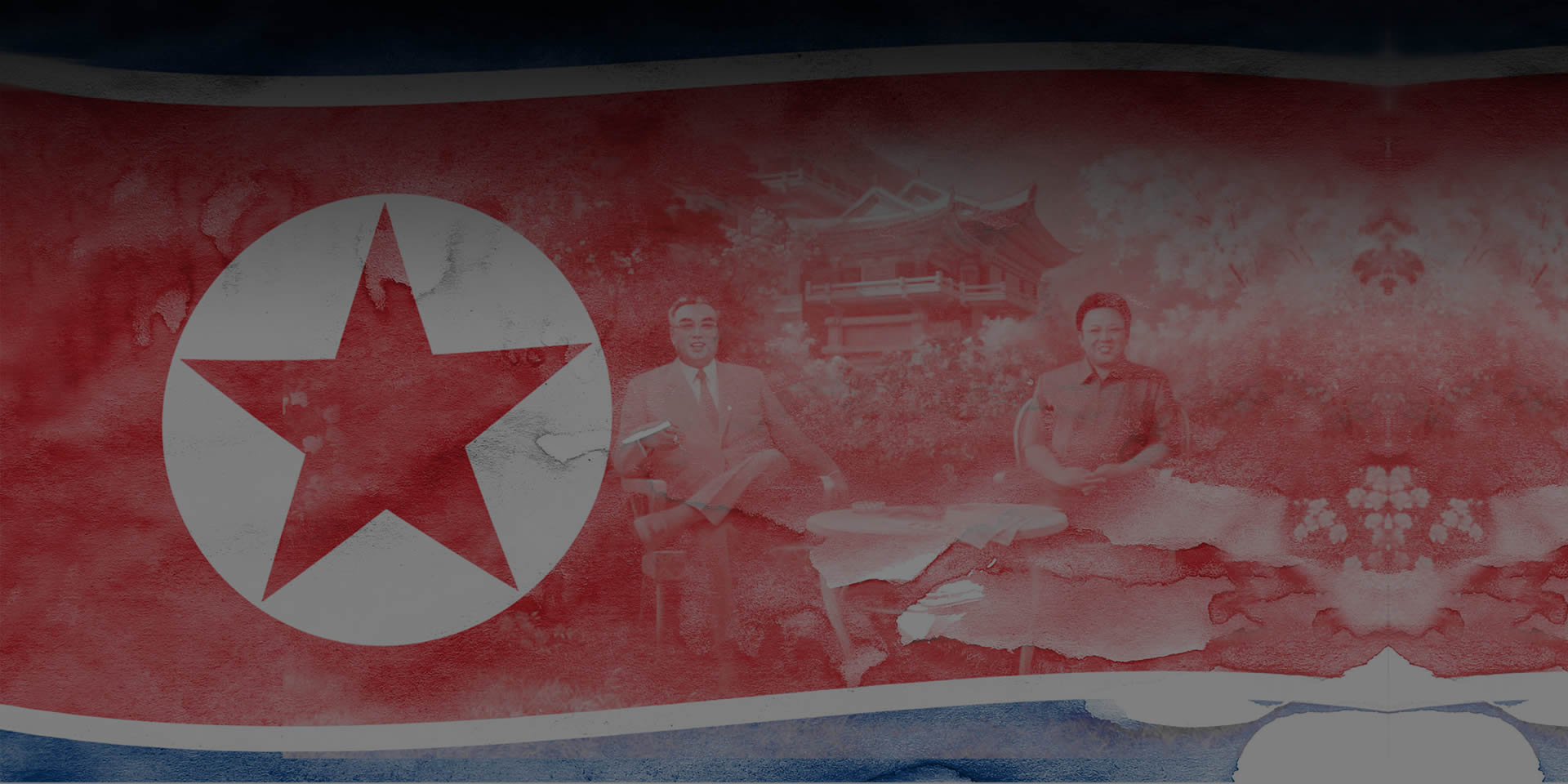


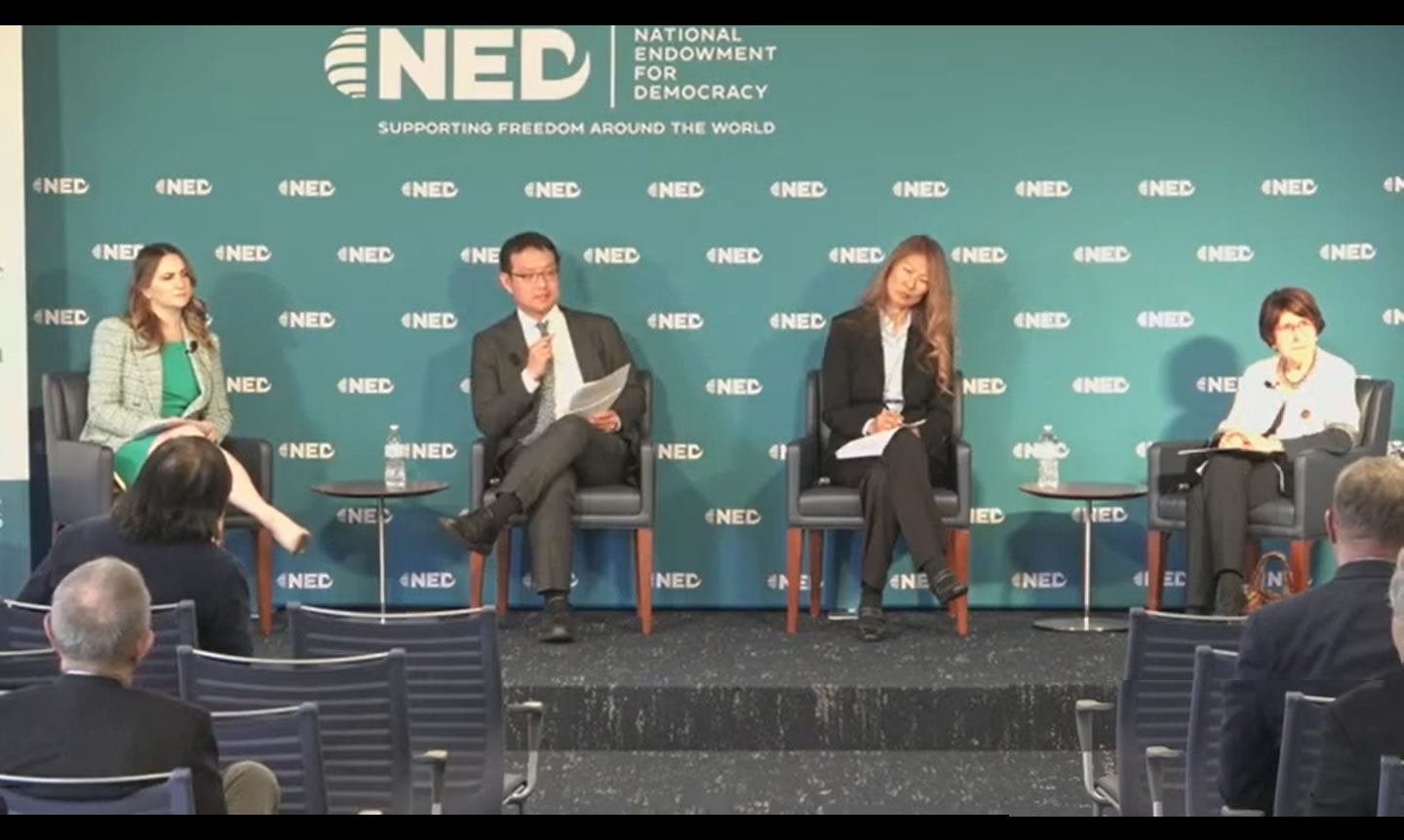
 Leer esta nota en Español
Leer esta nota en Español